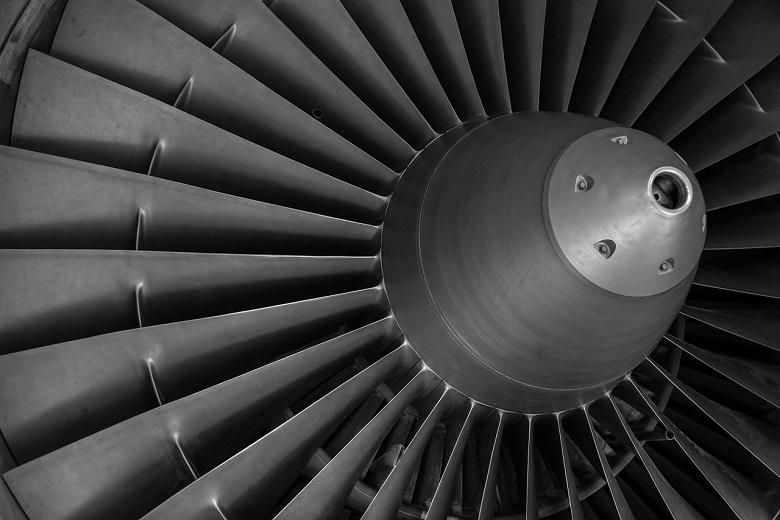An electric motor built with high-temperature superconductivity technologies and powered entirely by a battery has been tested for the first time in the world in Russia. This innovation should make it possible to create “fully electric” aircraft with vertical take-off and landing.
Russia has become the first country in the world to test an electric motor installation designed using high-temperature superconductivity technologies and powered entirely by a battery, the Russian Foundation for Advanced Studies (FPI) explained to Sputnik news.
According to the Foundation, laboratory tests have focused on elements of an integrated power supply system for aviation-based on a single high-temperature superconducting platform (HTSC) composed of a rechargeable battery, an HTSC cable, an HTSC current limiting device, and an HTSC electric motor.
During the tests, the engine was exclusively powered by a specially developed high-power battery. In addition, the tests were carried out under conditions of simulated take-off and landing, charging and discharging of the battery in flight, as well as in emergency conditions.
In the future, this integrated power supply system will be used as part of an experimental hybrid propulsion system for aviation, which is also under development at the Central Institute of Aircraft Engine Construction Baranov. Tests of this installation are planned for 2020-2021, according to Sputnik.
According to the Foundation, the project is being implemented to build thoroughly electric planes and helicopters that differ from existing aircraft models by more advanced operational characteristics.
A joint project of the Russian Foundation for Advanced Studies (FPI) and the company SuperOx to create a high temperature superconductive electric motor was launched in December 2016. The technologies implemented open up the possibility of creating aircraft entirely “vertical take-off and landing,” such as air taxis and electric maritime vessels.
